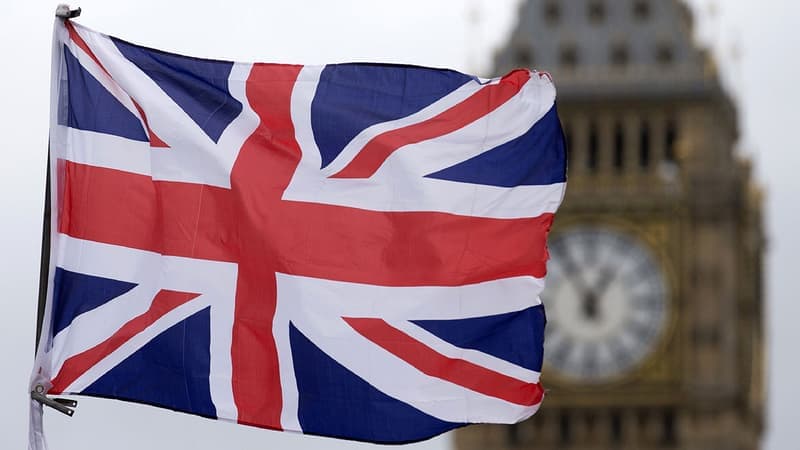Prices increased 3.5% for a year in April in the United Kingdom, compared to 2.6% in March, due to the increase in household bills that entered into force at the beginning of the month, the National Statistics Office (ONS) announced on Wednesday.
It must go back 15 months (January 2024) to find an evolution of comparable prices throughout the channel (+4% at that time).
“The gas and electricity invoices increased this month, when they had fallen abruptly last year at the same time, due to the changes in the limit of the price of energy”, set by the British regulator of the sector, the Ofgem, emphasizes the chief economist of the Ons Grant Fitzner.
“Water and sanitation invoices have also increased considerably this year”, as well as vehicle taxes, “which has taken the general rate at its highest level since the beginning of last year,” he added.
Although largely anticipated, this increase is greater than the forecasts of economists, which was in 3.3%.
Minimum wage increase
According to Grant Fitzner, he was “partially compensated for the fall in fuel and clothing prices, due to a strong reduction in children’s clothing and shoes for women.”
British finance minister Rachel Reeves said she was “disappointed by these figures.” But “we are far from two -digit inflation that we have met under the previous administration,” he added.
The prices had gone when the conservatives were in power, with the reopening of the post-pandemic economy and the energy crisis caused by the war in Ukraine, inflation rose up to 11% at the end of 2022 before descending.
Nicknamed “April Aperz” (terrible April) by the British press, this month “marked the beginning of the increase in employer’s contributions,” as well as that of the minimum wage “, which probably led to price increases,” he also underlines Lindsay James, Quilter analyst.
Energy invoices should fall since July, according to analysts, after the strong recent fall in oil prices caused by customs save launched by the president of the United States, Donald Trump.
Source: BFM TV


